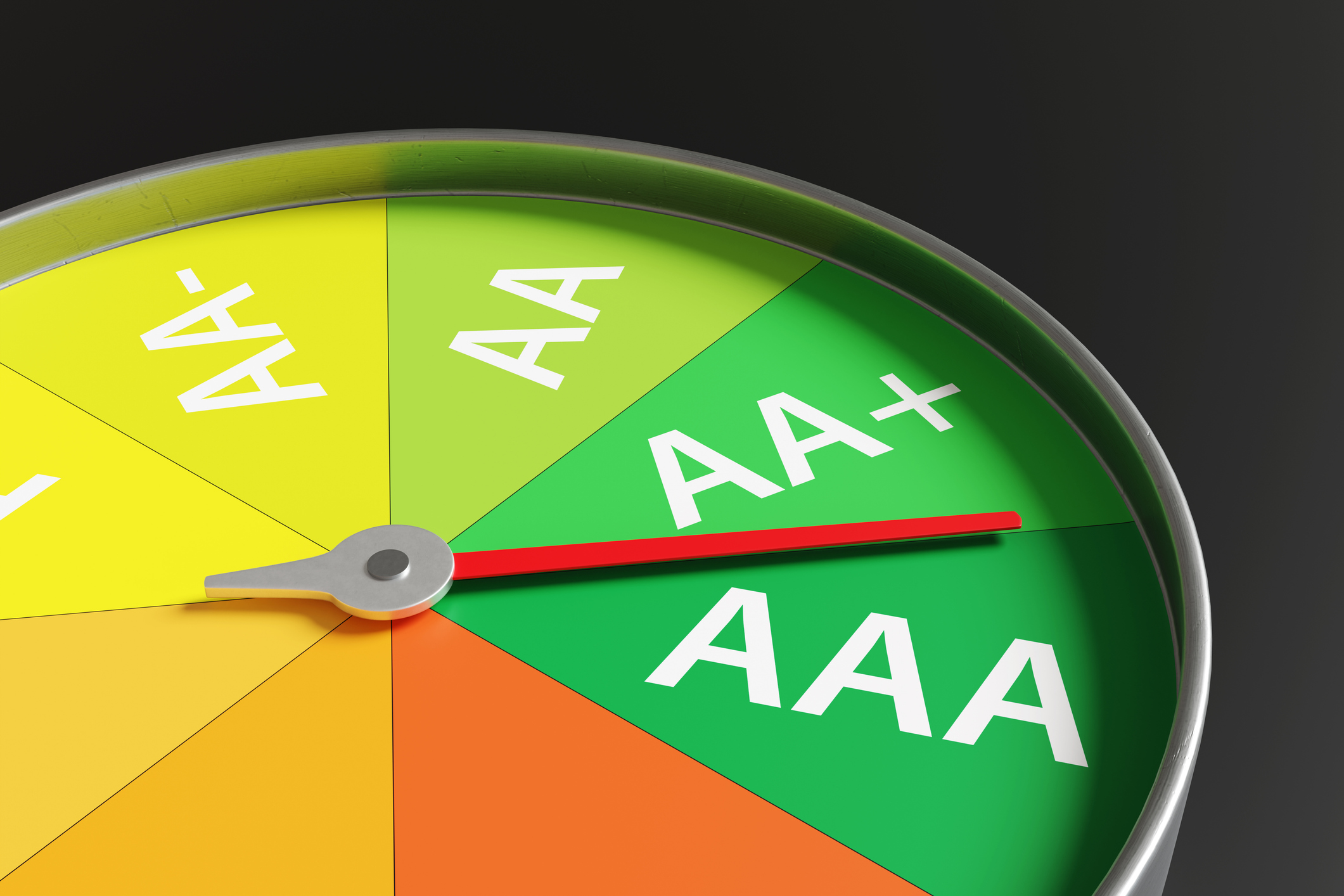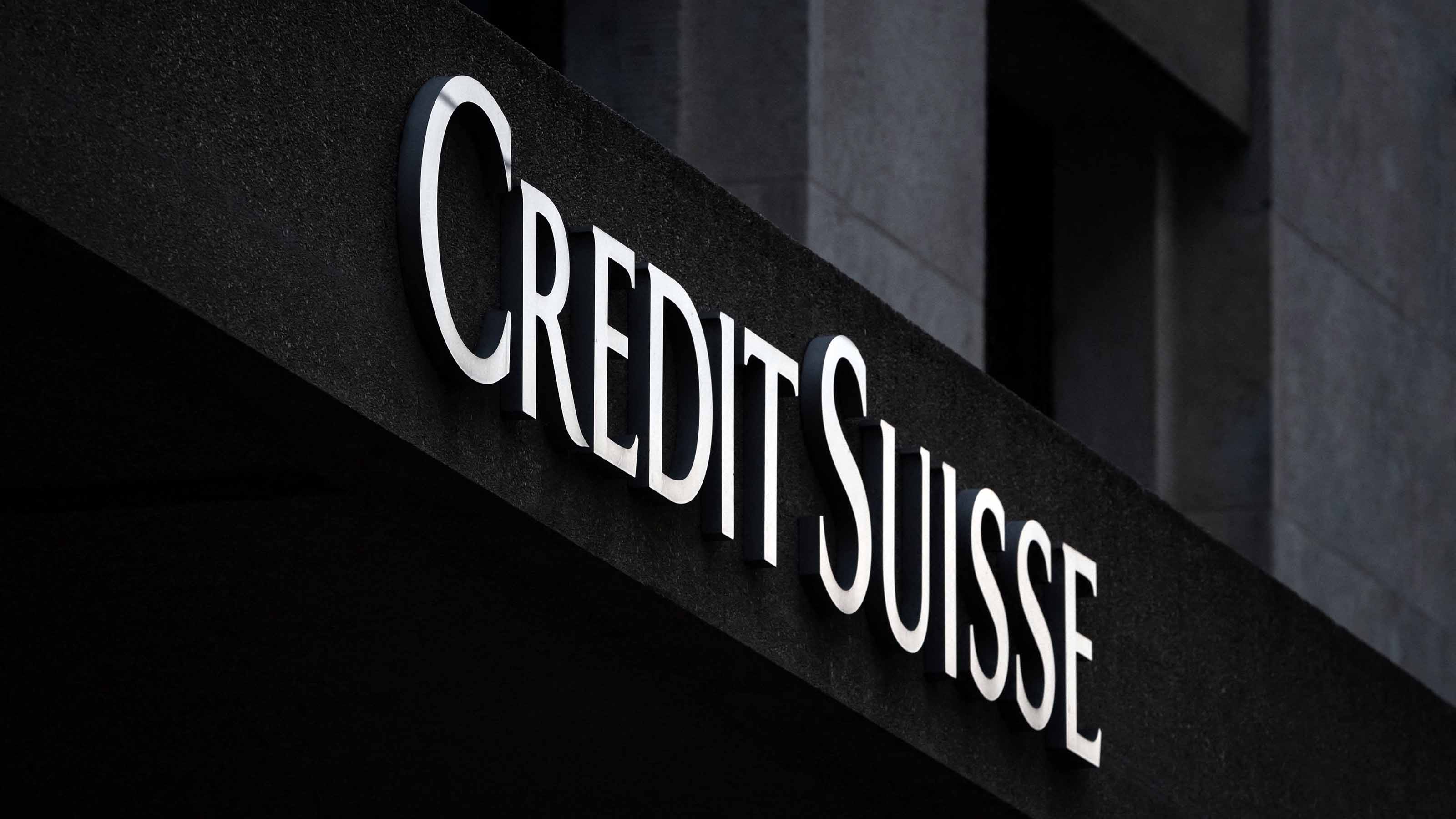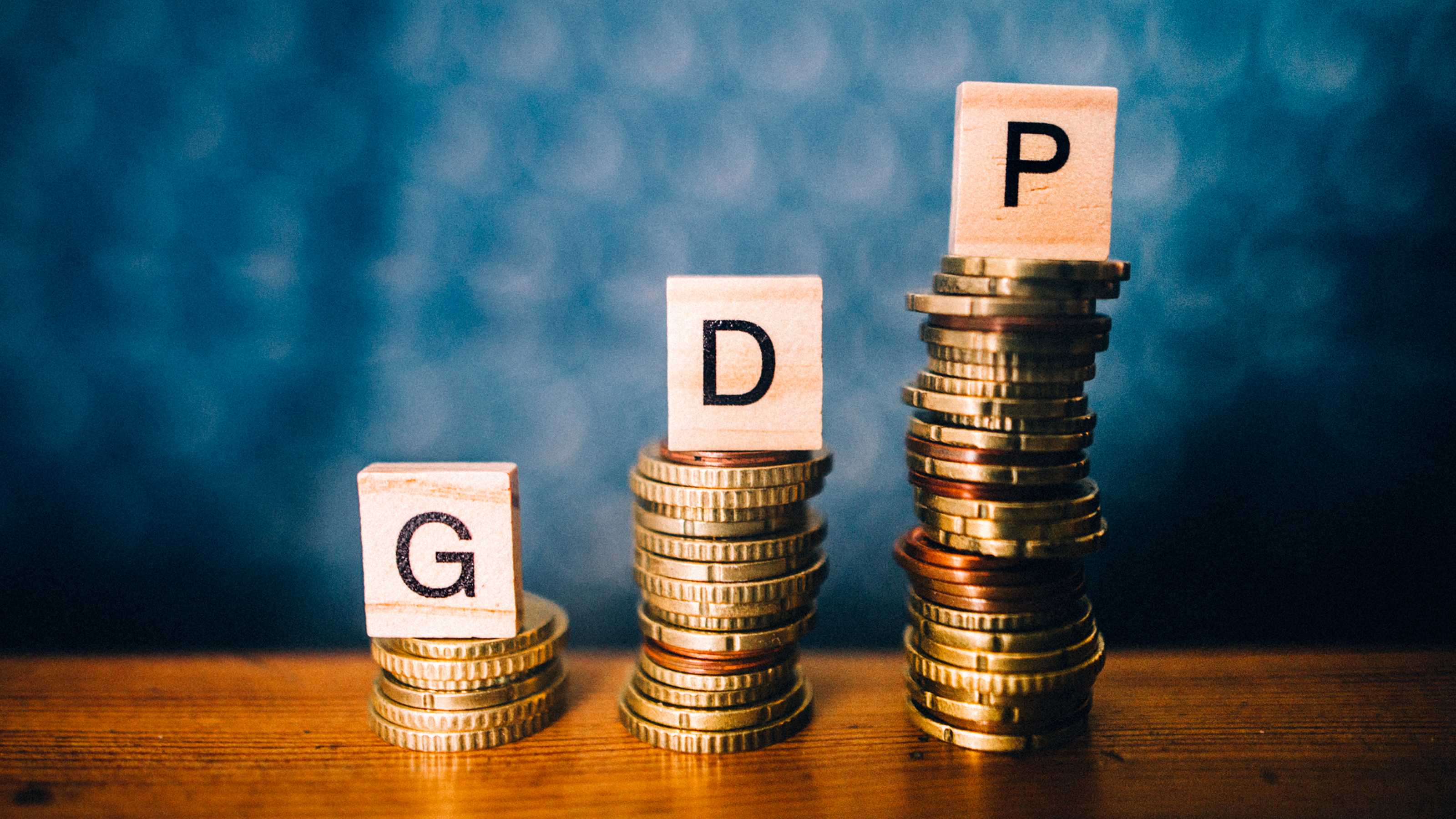Why Municipal Bonds Are Stumbling
These usually safe, tax-exempt investments have become unlikely victims of the subprime mortgage fallout.

Profit and prosper with the best of Kiplinger's advice on investing, taxes, retirement, personal finance and much more. Delivered daily. Enter your email in the box and click Sign Me Up.
You are now subscribed
Your newsletter sign-up was successful
Want to add more newsletters?

Delivered daily
Kiplinger Today
Profit and prosper with the best of Kiplinger's advice on investing, taxes, retirement, personal finance and much more delivered daily. Smart money moves start here.

Sent five days a week
Kiplinger A Step Ahead
Get practical help to make better financial decisions in your everyday life, from spending to savings on top deals.

Delivered daily
Kiplinger Closing Bell
Get today's biggest financial and investing headlines delivered to your inbox every day the U.S. stock market is open.

Sent twice a week
Kiplinger Adviser Intel
Financial pros across the country share best practices and fresh tactics to preserve and grow your wealth.

Delivered weekly
Kiplinger Tax Tips
Trim your federal and state tax bills with practical tax-planning and tax-cutting strategies.

Sent twice a week
Kiplinger Retirement Tips
Your twice-a-week guide to planning and enjoying a financially secure and richly rewarding retirement

Sent bimonthly.
Kiplinger Adviser Angle
Insights for advisers, wealth managers and other financial professionals.

Sent twice a week
Kiplinger Investing Weekly
Your twice-a-week roundup of promising stocks, funds, companies and industries you should consider, ones you should avoid, and why.

Sent weekly for six weeks
Kiplinger Invest for Retirement
Your step-by-step six-part series on how to invest for retirement, from devising a successful strategy to exactly which investments to choose.
Municipal bonds generally keep a safe distance when financial firestorms threaten to wreak havoc in other areas of the bond marketplace. But now some triple-A rated tax-exempts are getting thrown into the dreaded subprime mortgage inferno.
The problem isn't that falling real estate values or growing default rates among mortgage holders are causing fiscal problems for state and local governments or school or public utility districts. Municipalities have plenty of ways to cope with budget shortfalls before they get remotely close to defaulting on their debt.
If you're a buy-and-hold, income-oriented investor who owns individual tax-exempts rated single A or better, there's no reason to sell. And there's no reason to avoid new issues.
From just $107.88 $24.99 for Kiplinger Personal Finance
Become a smarter, better informed investor. Subscribe from just $107.88 $24.99, plus get up to 4 Special Issues

Sign up for Kiplinger’s Free Newsletters
Profit and prosper with the best of expert advice on investing, taxes, retirement, personal finance and more - straight to your e-mail.
Profit and prosper with the best of expert advice - straight to your e-mail.
But total-return investors and holders of bond funds, especially the leveraged kind, do have something to worry about. Municipals are the second-worst-performing class of bond in 2007, barely ahead of corporate junk bonds, and things could get worse.
The problem. The weak performance is tied to concerns about the health of bond insurance companies, relatively obscure entities that go by such acronyms as Ambac, FGIC and MBIA. These companies insure roughly half of all the tax-exempt bonds outstanding for the eventual repayment of principal and any missed interest payments.
On their own, these bonds would typically merit a triple-B or single-A rating, perhaps occasionally, a double-A rating. The insurance upgrades them to triple-A status in the eyes of the market. This allows state and local issuers to pay less interest on their bonds.
Saving money on interest, not compensation for potential defaults, is the real purpose of muni-bond insurance. Claims are rare, and what few there are usually stem from embezzlement and other forms of fiscal chicanery, not general financial market risks.
Because defaults are rare, the "financial guaranty" industry is enormously profitable -- or at least the bond part of it. But bond raters Moody's, Standard & Poor's, Fitch Ratings and A.M. Best, as well as some bond analysts, are now examining the bond insurers closely.
They want to know to what degree the insurers could be exposed to losses from their secondary business of guaranteeing collateralized debt obligations and other pools of asset or mortgage-backed securities.
If the insurers lose their triple-A status because of losses in these assets, the municipal bonds they guarantee will also lose their top rating. Prices of those bonds would drop because their yields would reset to the higher level of a lower-rated bond.
It is this prospect that explains why many insured munis have been losing value even as prices of Treasury bonds seem to rise almost every day.
The situation still may not deteriorate enough to force the ratings agencies to cut anyone's triple-A status. But "this has become a credit story and there's significant fear in the markets whenever there's a credit story. That's a fact," says John Miller, a municipal bond manager for Nuveen Investments.
Another bond trader, who asks to remain anonymous, says insured municipal bonds are trading for 5% less than they should be worth because of a belief, which he shares, that Ambac and MBIA will need to raise new capital or suffer a notch or two cut in their ratings.
The stocks of both Ambac and MBIA, which issue the bulk of the municipal bond insurance, have plunged. That means they can't easily raise money by selling new shares or convertible bonds. In a pinch, they might be pressed to copy Citibank and find a rich partner.
The ratings agencies are caught in the middle. S&P and Moody's took all sorts of grief for being too slow to downgrade subprime mortgage securities. They're in no mood to wink at another fiasco, but they also don't want to send the municipal bond market into a needless downward spiral.
Both S&P and Moody's offer their analyses of the bond insurance situation on their public Web sites. That tells you this is serious because such reports are usually only available to paying subscribers and the press.
The market speaks. Bond investors are weighing in. Their conclusion appears to be that the insurers' problems are serious. As a result, the cost to bond holders is mounting.
Normally, Miller says, the difference in yield between a bond that's rated AAA (S&P) or Aaa (Moody's) on its own merits and an insured bond is 0.08 to 0.12 percentage point. Over the past couple of months, as the insurers' condition has become an issue, this spread has widened to as much as 0.45 percentage point.
To put it another way, that means that an insured, triple-A highway or sewer bond is being priced as if it were an uninsured muni rated between single-A and double-A.
This stealth downgrade doesn't affect the security of the principal or interest payments. But it's a significant loss of value for bondholders.
Currently, there are about $2.5 trillion to $3 trillion in municipal bonds, half of which are insured. The average yield now for a 20-year insured bond is 4.3%. Assume that those bonds would yield 4% if there were no questions about the health of the insurers. The difference in price works to about 4 cents per dollar on a bond due in 2027.
That may not seem like a lot, but it's a big loss in such a stable category, and the losses could get bigger if the ratings agencies turn up their rhetoric or actually downgrade the insurers.
Another sign of pressure is the action in leveraged closed-end municipal bond funds. Although these funds don't invest exclusively in insured bonds, the discounts between the funds' share prices and their net asset values are widening -- a sign that investors see extra risk.
Discounts for four leveraged and insured funds--- Insured Muni Income Fund (PIF), Nuveen Premier Insured Muni (NIF), Morgan Stanley Insured Muni (IIM) and BlackRock Insured Muni Income Trust (BYM) -- have widened considerably since last summer. Their share prices are down by 7% to 12% in six months.
By the standards of a bear market in stocks, these losses aren't horrific. There may even be a bright side to the insurers' travails: More munis may come to market without insurance, meaning higher costs for taxpayers but better yields for bond buyers.
Still, this is about the worst performance spell for muni bonds since 1999. That it came out of left field and at a time when so many investors covet safety and stability is dismaying.
Profit and prosper with the best of Kiplinger's advice on investing, taxes, retirement, personal finance and much more. Delivered daily. Enter your email in the box and click Sign Me Up.

Kosnett is the editor of Kiplinger Investing for Income and writes the "Cash in Hand" column for Kiplinger Personal Finance. He is an income-investing expert who covers bonds, real estate investment trusts, oil and gas income deals, dividend stocks and anything else that pays interest and dividends. He joined Kiplinger in 1981 after six years in newspapers, including the Baltimore Sun. He is a 1976 journalism graduate from the Medill School at Northwestern University and completed an executive program at the Carnegie-Mellon University business school in 1978.
-
 Dow Adds 1,206 Points to Top 50,000: Stock Market Today
Dow Adds 1,206 Points to Top 50,000: Stock Market TodayThe S&P 500 and Nasdaq also had strong finishes to a volatile week, with beaten-down tech stocks outperforming.
-
 Ask the Tax Editor: Federal Income Tax Deductions
Ask the Tax Editor: Federal Income Tax DeductionsAsk the Editor In this week's Ask the Editor Q&A, Joy Taylor answers questions on federal income tax deductions
-
 States With No-Fault Car Insurance Laws (and How No-Fault Car Insurance Works)
States With No-Fault Car Insurance Laws (and How No-Fault Car Insurance Works)A breakdown of the confusing rules around no-fault car insurance in every state where it exists.
-
 The Most Tax-Friendly States for Investing in 2025 (Hint: There Are Two)
The Most Tax-Friendly States for Investing in 2025 (Hint: There Are Two)State Taxes Living in one of these places could lower your 2025 investment taxes — especially if you invest in real estate.
-
 The Final Countdown for Retirees with Investment Income
The Final Countdown for Retirees with Investment IncomeRetirement Tax Don’t assume Social Security withholding is enough. Some retirement income may require a quarterly estimated tax payment by the September 15 deadline.
-
 Bond Basics: How to Reduce the Risks
Bond Basics: How to Reduce the Risksinvesting Bonds have risks you won't find in other types of investments. Find out how to spot risky bonds and how to avoid them.
-
 Why Investors Needn't Worry About U.S. Credit Downgrade
Why Investors Needn't Worry About U.S. Credit DowngradeFitch Ratings The United States saw its credit rating downgraded for just the second time in history, but experts aren't worried about the long-term damage to stocks.
-
 Bond Ratings and What They Mean
Bond Ratings and What They Meaninvesting Bond ratings measure the creditworthiness of your bond issuer. Understanding bond ratings can help you limit your risk and maximize your yield.
-
 Stock Market Today: Stocks Struggle on Credit Suisse, First Republic Bank Concerns
Stock Market Today: Stocks Struggle on Credit Suisse, First Republic Bank ConcernsChaos in the financial sector stole the spotlight from this morning's inflation and retail sales updates.
-
 5 Stocks to Sell or Avoid Now
5 Stocks to Sell or Avoid Nowstocks to sell In a difficult market like this, weak positions can get even weaker. Wall Street analysts believe these five stocks should be near the front of your sell list.
-
 Q4 GDP Beats Expectations: What the Experts Say
Q4 GDP Beats Expectations: What the Experts SayGDP The latest GDP report shows that the economy avoided recession last year, but market pros say we might not be so lucky in 2023.